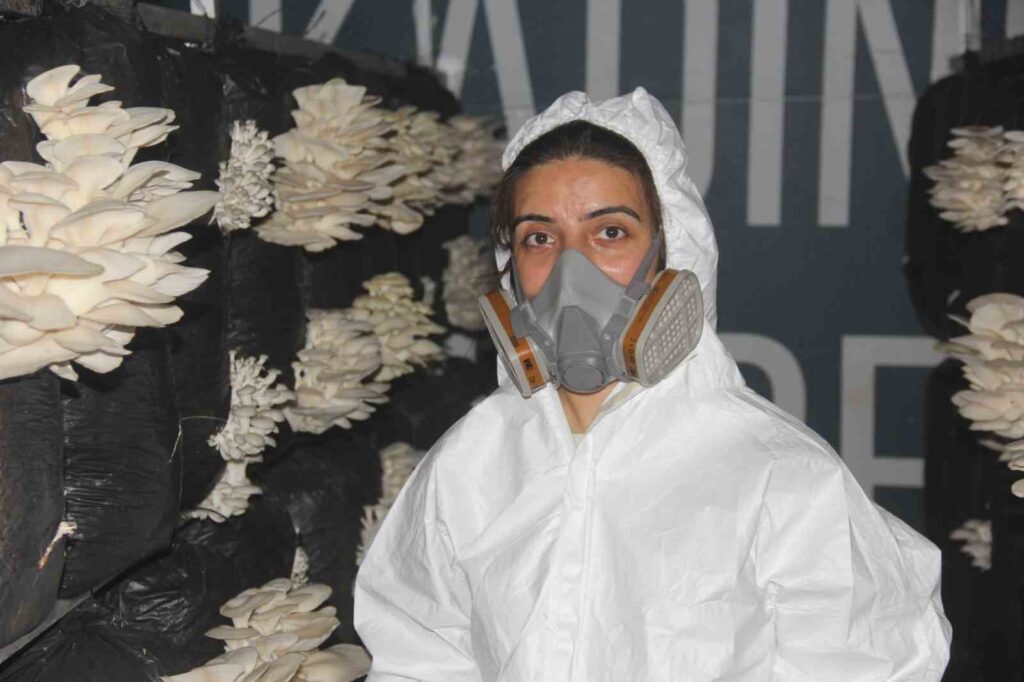Mayor Zeki Cüce: ‘Inspections have prevented informal economy’
Mayor Zeki Cüce of Mut criticized the inspections carried out by the Ministry of Trade officials in Mut district of Mersin, stating that they have increased the tax that the state should pay. He called for an increase in inspections. The inspections conducted in Mut Market by the Ministry of Trade officials have led to an increase in the tax that the state should pay, according to Mayor Zeki Cüce of Mut, Mersin. He expressed the need for more inspections to be carried out by the Ministry of Trade in the region.

The inspections carried out by the officials of the Ministry of Trade in Mut district of Mersin at Mut Market, managed by Mersin Metropolitan Municipality, have increased the taxes to be paid to the state, stated Hal President Zeki Cüce, who demanded more frequent inspections. The inspections aimed at preventing illegal buying and selling at Mut Market by the officials of the Ministry of Trade have started to yield results. It was requested to conduct inspections that are beneficial in terms of paying taxes to the state more frequently. Zeki Cüce, the President of the Mut Wholesale Market Fruit and Vegetable Brokers Association at Mersin Metropolitan Municipality, said, ‘The inspectors who came from the Ministry of Trade inspected the brokers at the market. During this inspection, our farmers without records registered themselves. This was very beneficial for these farmers. They were able to issue receipts for the products they sold because they had farmer records. They had the right to ask for receipts from the brokers. Farmers did not know this before. At the same time, farmers learned about it. The unregistered activities outside were prevented to some extent. But more inspections are needed.’ Cüce also said, ‘The reason for the drop in the apricot market is that apricots are sold for 25 lira at the market and 20 to 21 lira outside. Of course, illegal traders outside buy the apricots they like and do not buy the ones they do not like. The apricots that illegal buyers do not like end up in the market. When the incoming apricots are not of good quality, it causes a decrease in prices. Therefore, we request from our Ministry to increase these inspections.’ Pointing out complaints that some brokers pay farmers late, Cüce continued, ‘Our farmers are right about this, but the traders who buy apricots from the brokers pay the commission late. This delays the payment to farmers. That’s why the producers avoid this market and turn to traders who engage in illegal buying. If inspections are conducted not only on the brokers at the market but also on the traders engaged in illegal trade, the tax payments to the state will increase. Through the inspections, the unregistered activities have been brought into the system. Farmers have now learned about their rights and laws.’







